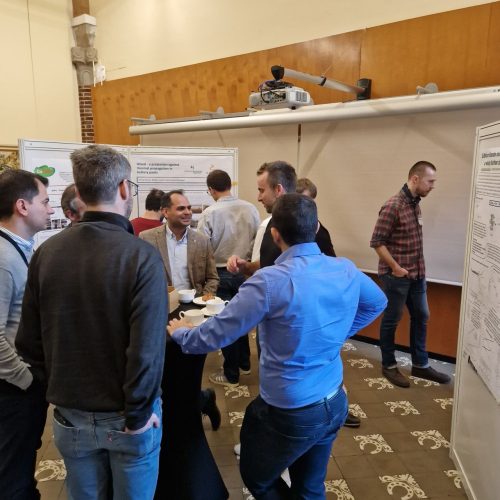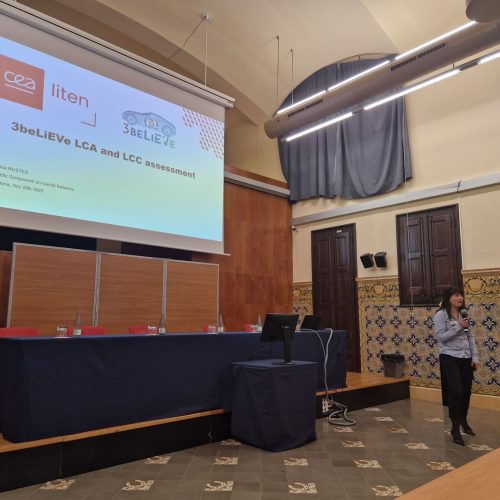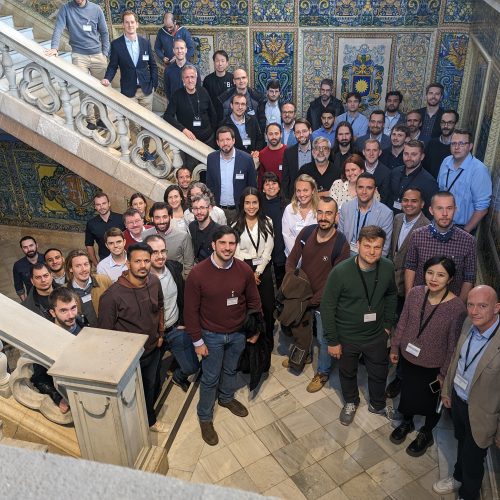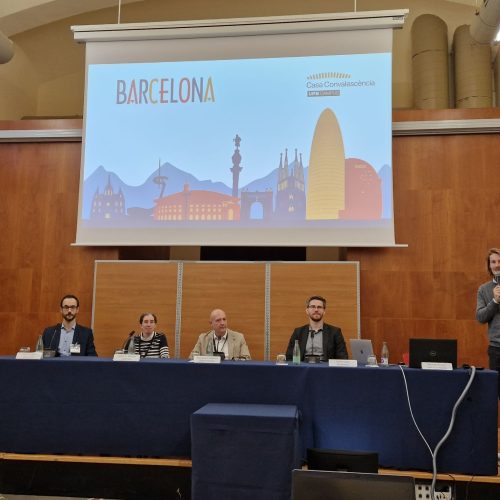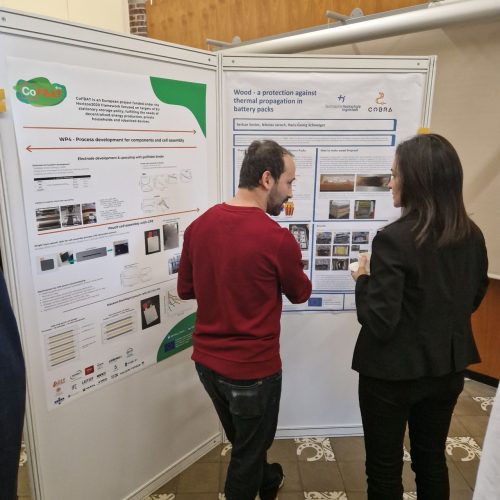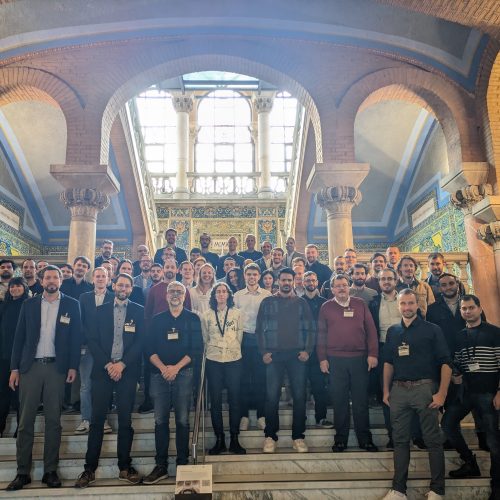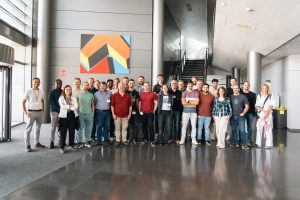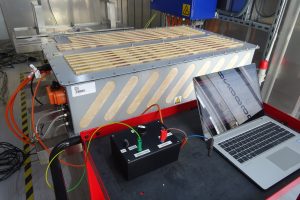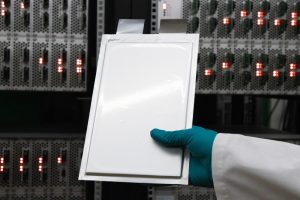Advancing battery technology: Highlights of our Gen3b symposium in Barcelona
Last week, COBRA and fellow battery initiatives SeNSE, 3BeLiEve, and HYDRA, convened in Barcelona for a scientific symposium on Gen3b batteries, where they showcased the latest findings from their research and development. The symposium commenced with a warm welcome from CINEA, followed by an enlightening talk by Thomas Otuszewski of EASE, who delved into the current landscape of battery research and innovation.
The symposium’s initial technical sessions were dedicated to exploring active materials, electrolytes, and sensors. Johannes Kasnatscheew opened with a comprehensive keynote, emphasising the importance of cathode design in the development of high-voltage Li-ion batteries. Subsequent presentations by project cluster partners covered a range of topics, including the development of cobalt-free cathodes, carbon-silicon anodes, safer electrolytes, in-situ monitoring tools, multi-physics sensing in smart battery cells, and early detection of thermal runaway.
A lively poster discussion ensued during the coffee break, followed by sessions centred on cell development. These discussions highlighted the complex manufacturing processes of Gen3b Li-ion electrodes and cells, and the challenges faced in developing silicon-containing anodes for pilot pouch cells. The session also featured insightful presentations on digital electrochemical-thermal simulations and life cycle assessments (LCA), delivered by August Johansson and Carolina Nustes, respectively.
The first day concluded with a group dinner in the heart of Barcelona, providing an ideal setting for informal discussions and networking.
The symposium’s second day shifted focus towards the industrial aspects of the research projects. Industrial partners shared their experiences and insights, with a technology briefing that included talks on the industrialisation of silicon-dominant anodes, the use of mixed-dimensional carbon as a conductive additive, distributed BMS, and gigafactory plant simulation.
Following another coffee break and poster session, the conference resumed with panel discussions. These sessions, featuring industry representatives, centred on the challenges of commercialising project outcomes. The day wrapped up with a panel of project coordinators discussing broader project challenges, ranging from navigating the impacts of COVID-19, to addressing cell delivery delays.
This two-day event successfully spanned a broad spectrum of topics in the realm of Gen3b battery research and development. It provided a valuable platform for collaboration and knowledge exchange among the four LC-Bat-5 project partners, furthering the advancement of battery technology.
If you’d like further details on the latest developments in COBRA, or want to reach out to one of the partners, contact cobra@baxcompany.com or visit our Twitter and LinkedIn channels.

